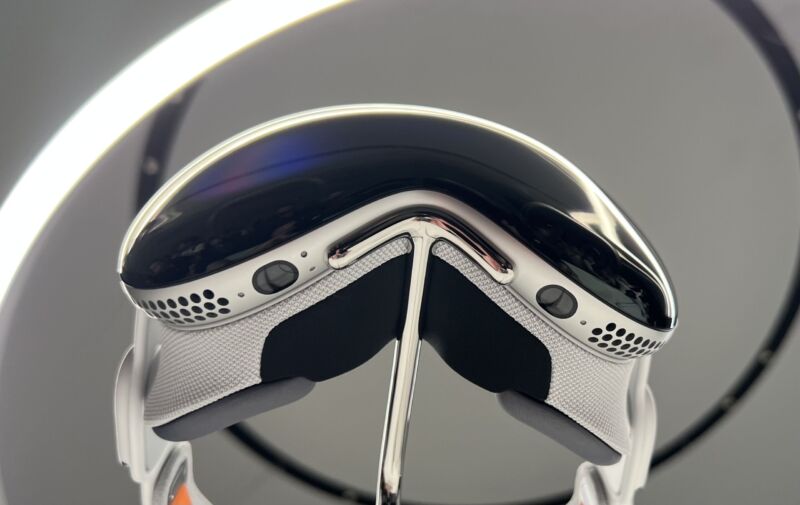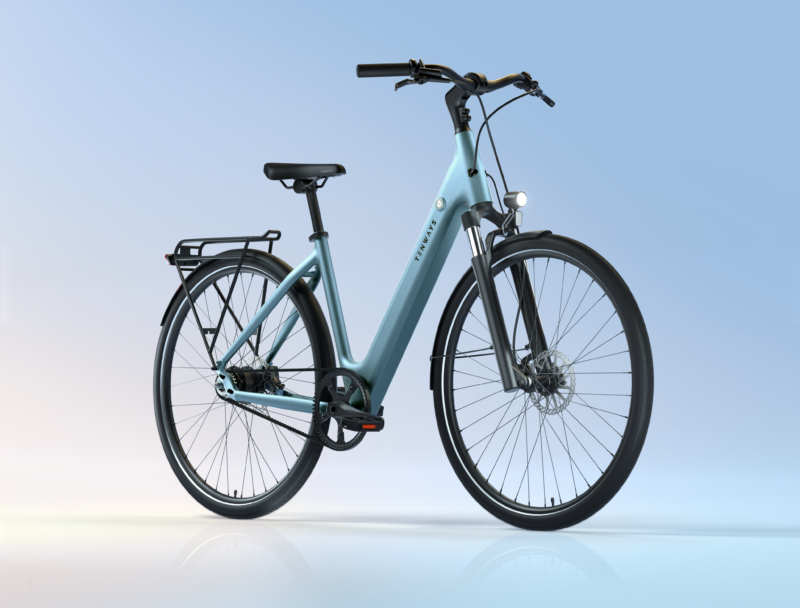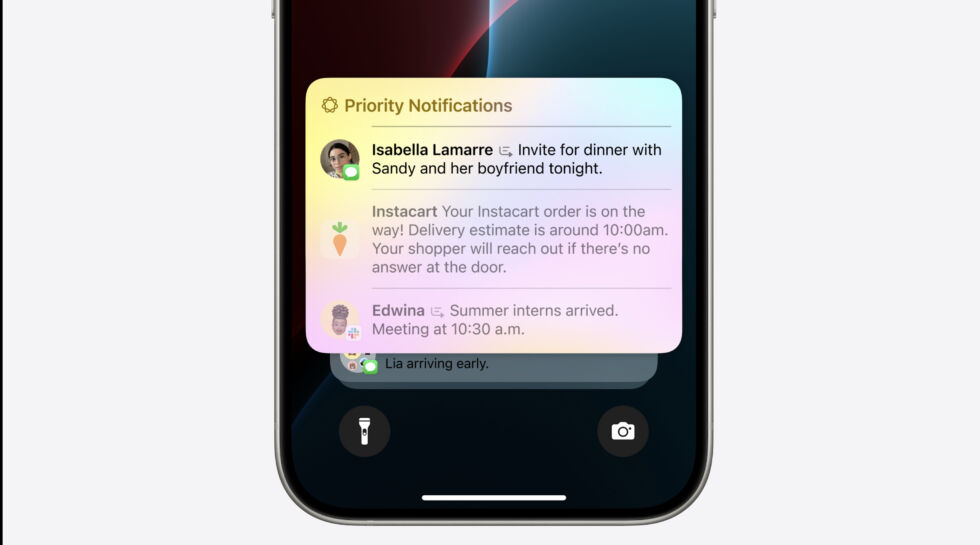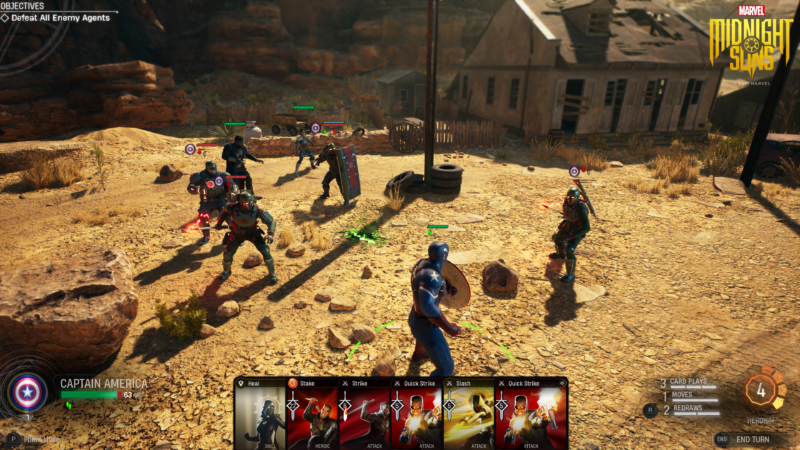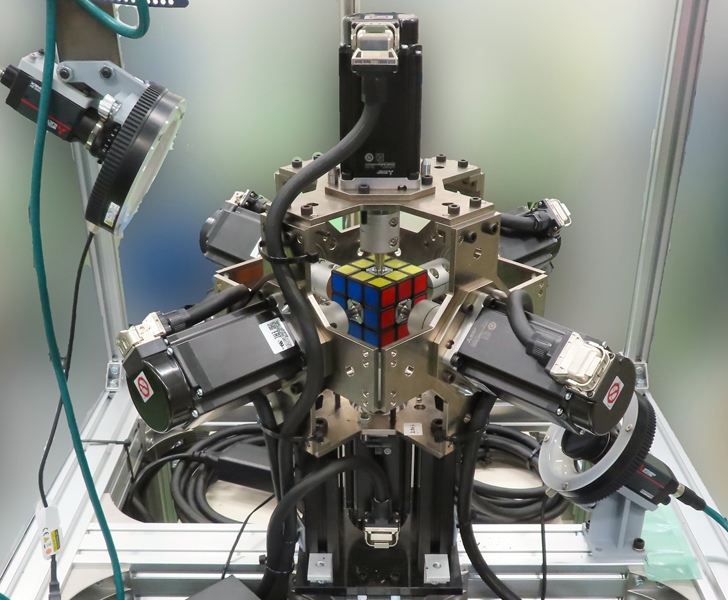The math on unplayed Steam “shame” is way off—and no cause for guilt

Enlarge / Blast away all the guilt you want in PowerWash Simulator, but there's no need to feel dirty in the real world about your backlog. (credit: Getty Images)
Gaming news site PCGamesN has a web tool, SteamIDFinder, that can do a neat trick. If you buy PC games on Steam and have your user profile set to make your gaming details public, you can enter your numeric user ID into it and see a bunch of stats. One set of stats is dedicated to the total value of the games listed as unplayed; you can share this page as an image linking to your "Pile of Shame," which includes the total "Value" of your Steam collection and unplayed games.

Example findings from SteamIDFinder, from someone who likely has hundreds of games from Humble Bundles and other deals in their library. (credit: SteamIDFinder)
Using data from what it claims are the roughly 10 percent of 73 million Steam accounts in its database set to Public, PCGamesN extrapolates $1.9 billion in unplayed games, multiplies it by 10, and casually suggests that there are $19 billion in unplayed games hanging around. That is "more than the gross national product of Nicaragua, Niger, Chad, or Mauritius," the site notes.
That is a very loose “$19 billion”
"Multiply by 10" is already a pretty soft science, but the numbers are worth digging into further. For starters, SteamIDFinder is using the current sale price of every game in your unplayed library, as confirmed by looking at a half-dozen "Pile of Shame" profiles. An informal poll of Ars Technica co-workers and friends with notable Steam libraries suggests that games purchased at full price make up a tiny fraction of the games in our backlogs. Games acquired through package deals, like the Humble Bundle, or during one of Steam's annual or one-time sales, are a big part of most people's Steam catalogs, I'd reckon.




